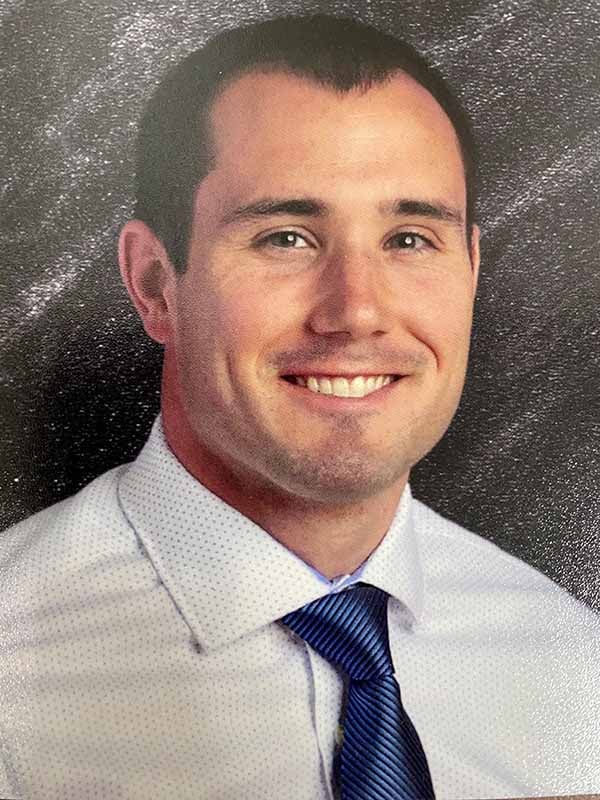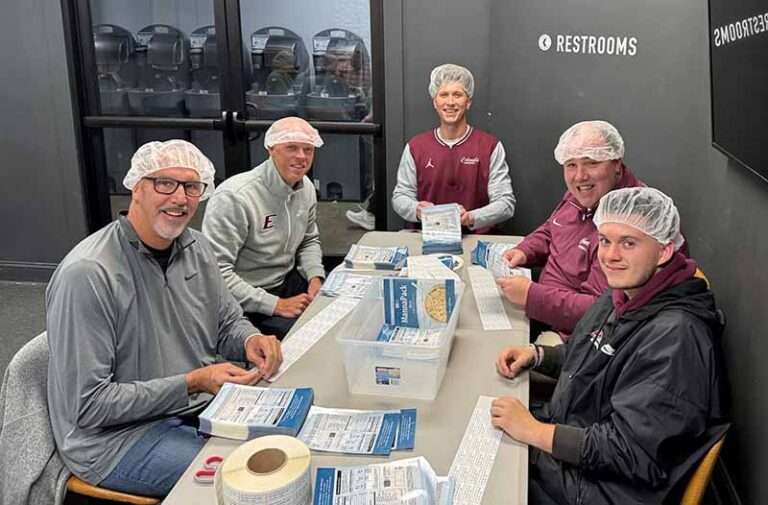By Tom Latek
Kentucky Today
The Kentucky Supreme Court heard oral arguments Wednesday on legislation passed by the 2017 General Assembly that established rules on how to file malpractice lawsuits.
Senate Bill 4, sponsored by Sen. Ralph Alvarado, R-Winchester, who himself is a physician, required any lawsuit against doctors, other health care providers, hospitals and nursing homes would have to be reviewed by a committee of one attorney and three medical providers before it could proceed in court. The panel would have nine months to complete their work.
It was signed into law by Gov. Matt Bevin and, the day it took effect, a lawsuit was filed in Franklin Circuit Court by Breckenridge County resident Tonya Claycomb, whose son Ezra suffered brain damage when he was born in Jefferson County in 2014.

The judge found the legislation violated the equal protection guarantees of the Kentucky Constitution, the ban on special legislation and violating the separation of powers doctrine.
Much of the debate before the high court centered around whether the bill is special legislation, which is specifically banned by the Kentucky Constitution.
“This is absolutely special legislation,” argued Guthrie True, attorney for the Claycombs. “Section 59 was created as the result of an uprising by the citizenry over the legislature granting special privileges to corporations and railroad companies. That’s the impetus behind the 1890 Constitution.”
He said the special legislation provision in the Constitution “was to restrain the General Assembly from to confer privileges on the few, to the detriment of the many.”
Matthew Kuhn of Bevin’s General Counsel’s office refuted that argument. “This is not a statute that just covers Norton Healthcare, for example. If it did that, that is classic special legislation (and) this singles out someone for special treatment. This applies to every health care provider that the General Assembly can think of.”
True also argued it could take much longer than nine months for a medical review panel to issue their decisions since if another defendant is added to the case, the clock starts over. “This is a modern-day Poll Tax,” he said, referring to the 24th Amendment to the U. S. Constitution, which banned the practice of voters having to pay when casting ballots.
“This is an attempt to obstruct the courthouse door,” he said. “Especially for people of color and those less well-off.”
Kuhn said “500 cases have been filed to date, and all but two have been decided in less than nine months.”
The Supreme Court is expected to hand down its ruling within a few months.
Justices have two other high-profile cases they will be hearing later this week. On Friday they will take up a case involving a Jefferson District Court race, where the apparent winner died the day after the May primary, as well as one involving the right to work law passed by the 2017 General Assembly.

















